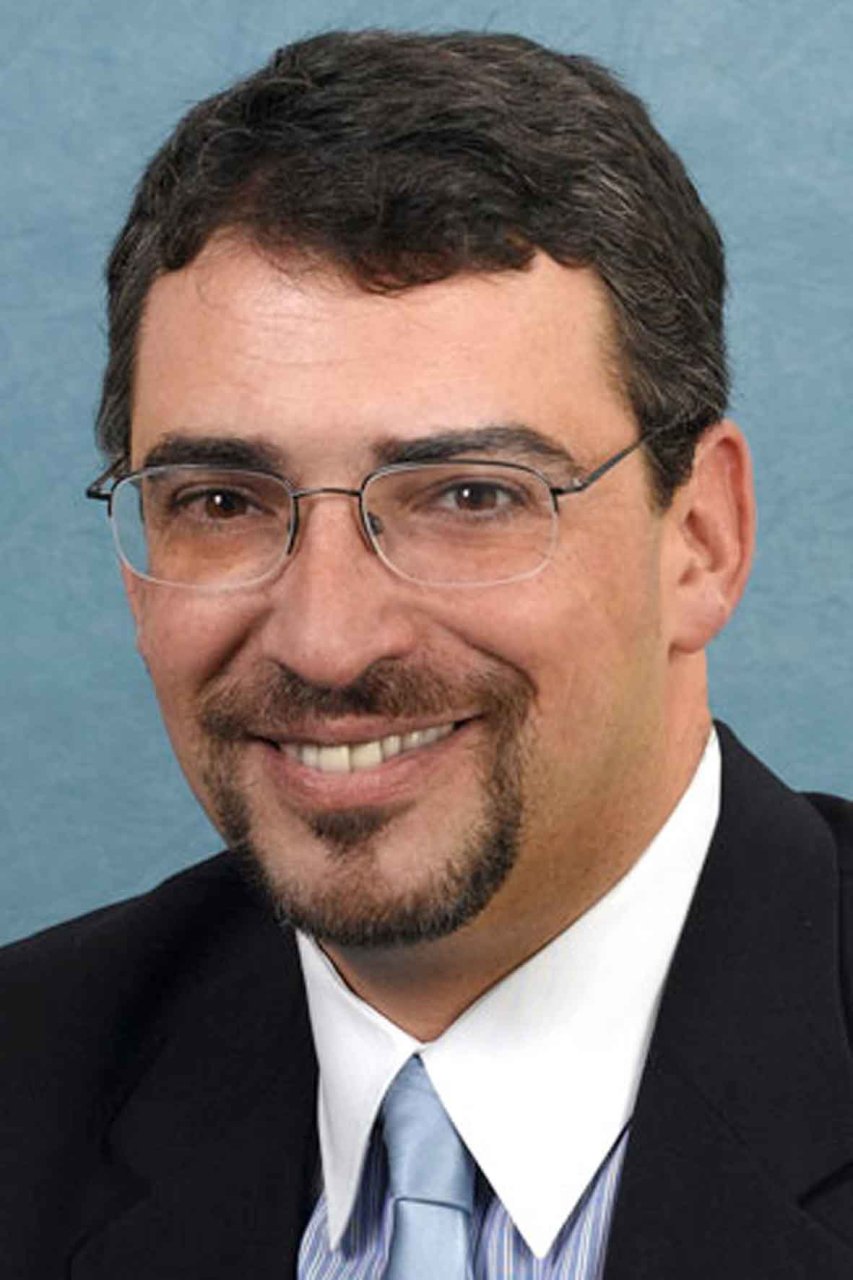Azerbaijan, Baku, April 19 / Trend E. Tariverdiyeva /
Syrian President Bashar al-Assad's regime may fall, Heritage Foundation's leading expert on Eurasia and Trend Expert Council member Ariel Cohen said.
"The authoritarian features of the Syrian regime, the political balance of forces in the country and its international ties all suggest that the regime of Syrian President Bashar as-Assad may fall," Cohen said in a telephone interview.
New anti-government rallies were held in Syria on the night of April 18. Around 10,000 people marched the streets of the port city of Latakiya. The demonstration followed the funeral of a protester killed on April 16. The protesters demanded releasing political prisoners and informing on the destiny of people who had gone missing during the 1980s.
Meanwhile, Syrian President Bashar Asad said in a televised address to the nation, that the new government would lift emergency laws within a week. The emergency laws have been in effect in Syria for 48 years and endowed Syrian authorities, especially security forces, with almost unlimited powers.
Assad voiced his confidence that no one in the country would find cause to conduct protests after the emergency laws would be lifted.
Anti-government unrest has been rampant in Syria since mid-March. The riots were triggered by local police arrests of youngsters who were calling for freedom by writing slogans on walls. The protesters call for overall democratization, weakening of state control over civil life and improvement of living standards. According to international sources, over 30 civilians were killed in Syria since unrest began.
Cohen said that government attempts to stifle growing public protests are moving from bad to worse.
Moreover, there is tacit support for protests of the Sunni majority in Syria by the Sunni Gulf countries, especially, Saudi Arabia and Kuwait, as Syria has recently become too close to Shiite Iran. Syria and Saudi Arabia have also clashed: Syria supports Hezbollah and Saudi Arabia, the Sunni clan Hariri, including Prime Minister of Lebanon Saad Hariri, Cohen said.
"Religious and political intricacies of the Syrian society also complicate the situation," he said. "About 80 percent of the country's residents are Sunni Muslims, while the presidential clan relies on the influential minority of the Alawites - an offshoot of Shia Muslims, representing only 12 percent of the population."
According to Cohen, Alawite representatives hold key positions in the ruling Arab socialist party Baath ("Revival"), the military and the security services."
Alawite-dominated law enforcement agencies will not rise against their single guarantor of the authority, Assad, in a crucial moment; a contrast to the response in Egypt. They will defend "their" regime to the last drop of blood, Cohen said.
Today, the future of the Middle East depends on the dynamics of Syrian developments. It is still unknown who will come to power if the Assad regime falls and what the consequences may be of regime change.
If Sunni Islamists, for example the Muslim Brothers or a similar political organization, come to power in Syria, it will change the entire face of the Middle East, Cohen said.
Syrian Kurds are already involved in the riots, he said.
"The further chain reaction may spread to Iraq, Lebanon, Jordan and the Palestinian territories - the countries where a large number of Sunni Arabs reside," he said. "The Kurds live in north-eastern Syria, Turkey, Iraq and Iran. They have cherished hopes of independence for a long time."






